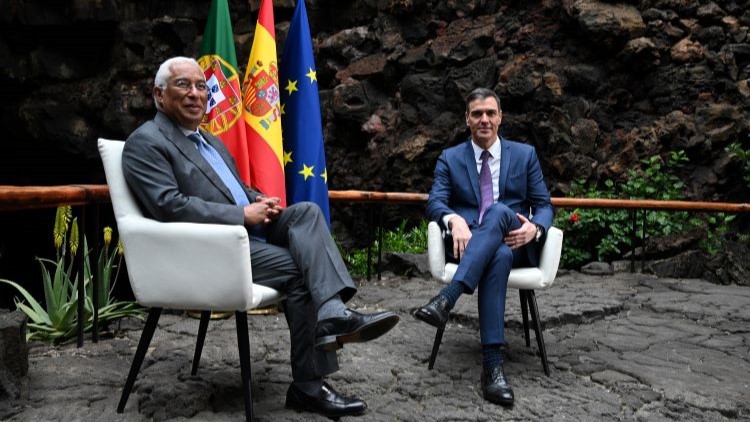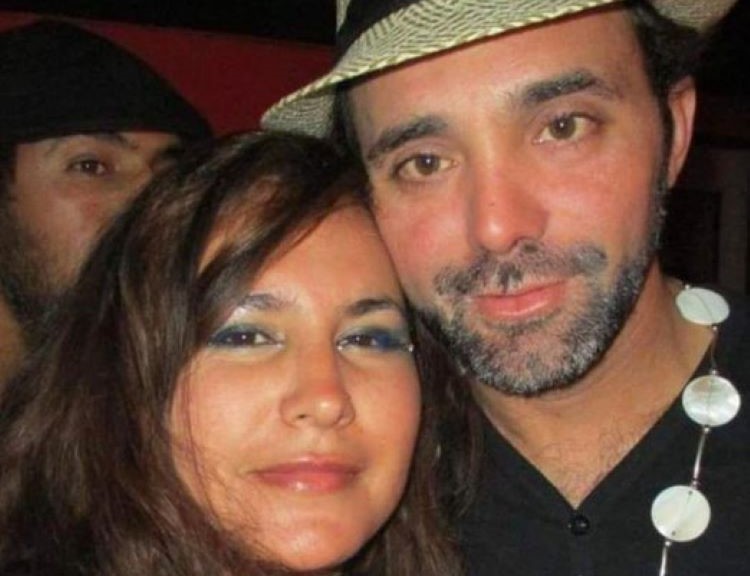Eduardo González
The resignation of the Prime Minister of Portugal, António Costa, for an alleged corruption offense has left the acting President of the Government, Pedro Sánchez, without his main ally in some of the major EU debates, especially energy. Last March, during the Spanish-Portuguese Summit in Lanzarote, the head of the Executive even acknowledged that he was “envious” of the parliamentary majority enjoyed by his counterpart and Portuguese socialist leader.
Costa presented his resignation this past Tuesday, after the Portuguese Public Prosecutor’s Office opened criminal proceedings against him in the framework of an operation for alleged corruption linked to the lithium and green hydrogen sector. “The dignity of the functions of prime minister is not compatible with any suspicion about his integrity, his good conduct and, even less, with the suspicion of any criminal act,” the Portuguese leader said in a statement, in which he announced that he had submitted his resignation to the President of the Republic, Marcelo Rebelo de Sousa. Costa also assured that he had no knowledge of this process and that he is “totally available to collaborate with justice”.
The head of state, who accepted Costa’s resignation, will communicate his decision to the country today, after meeting with the representatives of all the political parties represented in the Assembly of the Republic. Among the options being considered are the dissolution of Parliament and the calling of early elections, or the continuity of the Socialist Government with another Prime Minister at its head. The Socialists have an absolute majority. Costa had been in office for almost eight years.
The truth is that Costa’s departure means, for Pedro Sánchez, the fall of a leader with whom he had a special harmony, especially in Europe. The two Iberian countries have been living, for many months, a real honeymoon in relation to the energy market, whose main exponent is the so-called Iberian Mechanism, with which Spain and Portugal have been governed since June 15, 2022, and which allows establishing a ceiling of 40 euros per megawatt/hour in the price of gas used to produce electricity.
The implementation of this mechanism was made possible after the European Council approved, in March 2022, the right of the two Iberian countries to manage their own reference gas prices for combined cycle power plants, in view of the peninsula’s “energy island” nature due to its very low interconnection with the European energy market. At the end of March, the Council of Ministers approved the renewal of the “Iberian solution” until December 31, after obtaining the approval of the European Commission to extend this mechanism.
In addition, last March, the Governments of Spain and Portugal launched the first Spain-Portugal Cross-Border Cooperation Network (REDCOT), agreed at the XXXIII Spanish-Portuguese Summit (held in November 2022 in the Portuguese town of Viana do Castelo), and two months later the new Treaty of Friendship and Cooperation between Spain and Portugal came into force, which was signed in October 2021 during the XXXII Spanish-Portuguese Bilateral Summit, held in Trujillo (Cáceres). The text, which renews the previous 1977 treaty, provides, for the first time in an international agreement, for the holding of annual bilateral summits presided over by the heads of government and promotes cross-border cooperation. As if that were not enough, on October 5 the International Football Federation (FIFA) approved the joint bid by Spain, Portugal and Morocco to host the 2030 World Cup.
During the XXXIV Spanish-Portuguese Summit, held in Lanzarote last March, Pedro Sánchez and António Costa showed their “harmony” regarding the priorities of the Spanish Presidency of the Council of the European Union, such as the Migration and Asylum Pact, the new fiscal rules, the defense of a regulatory framework for the electricity market, the “open strategic autonomy” and the strengthening of relations between the EU and “the Global South”. At the press conference, Pedro Sánchez admitted that he had “a healthy envy” of the parliamentary majority enjoyed by Costa, because “in Spain, the parliamentary reality is much more fragmented”.
On the other hand, the unexpected resignation of António Costa has triggered Pedro Sánchez’s options to run for the position of president of the European Council when the positions of the EU institutions are distributed next year, according to diplomatic and socialist sources consulted by the THE OBJECTIVE newspaper.
The presidency of the European Council should fall, in principle, to a socialist from the South during the next European legislature, from 2024 to 2029, within the geographical and power balances within the EU. This position, created in 2009 and for which only current or recently replaced presidents or prime ministers are eligible, has until now been in the hands of two members of the European People’s Party (EPP) – the Belgian Herman van Rompuy and the Polish Donald Tusk – and a liberal – Charles Michel, also a Belgian – so the socialists have many options to keep the position now.







